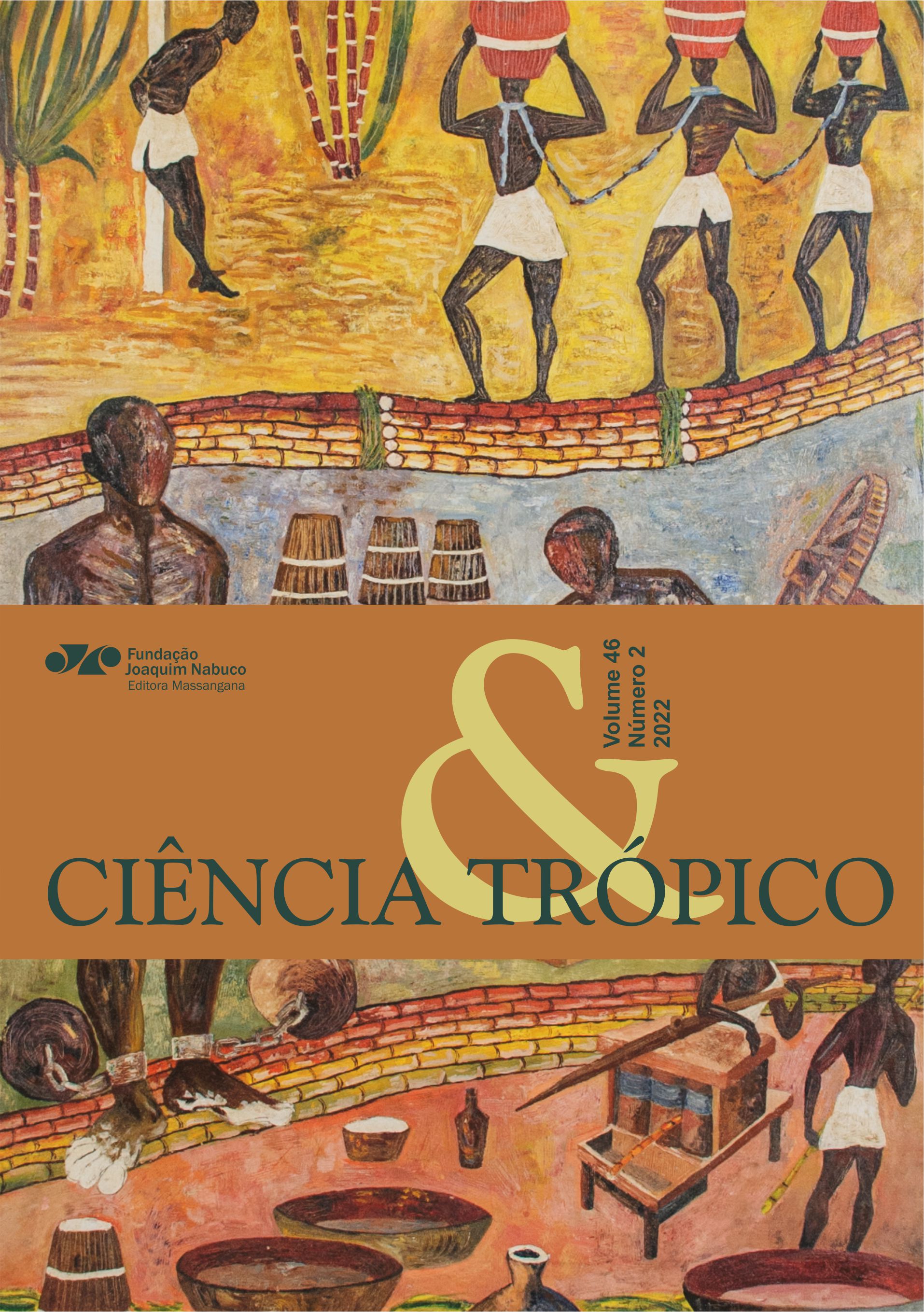Indigenous Public Policy
DOI:
https://doi.org/10.33148/cetropicov46n2(2022)art3Abstract
This article is the result of an ethnographic research conducted in Pesqueira, Pernambuco, in June 2022, as a Fulbright fellow (Fulbright Distinguished Chair of Public Policy, Brazil) and as a fellow at the Joaquim Nabuco Foundation, Recife, from May to August 2022. The objective of this research was to discover the indigenous differential in the municipal management of the city of Pesqueira, where the Xukuru cacique Marcos Luidson Araújo was elected to the position of mayor in November 2020 and several other Xukurus began to work as municipal secretaries, as of January 2021. We found out that the indigenous differential of Xukuru municipal administration is based on the principles of collectivity, horizontality, and responsibility. These principles belong to the Xukuru political repertoire applied, until now, in their reservation and, with the conquest of the municipality, amplified the management of the municipality. Xukuru leaders, faced with the challenge of practicing differentiated indigenous management, had to negotiate and redefine the meaning of ‘being indigenous’ in an attempt to be, and appear, “authentic.” The decision of the Brazilian Supreme Electoral Court (STE), of 1 August 2022, to declare the mayorship of cacique Marcus illegal, forced him to improvise and act as secretary of state in the municipality instead of mayor, supported by the majority of the councilors in the town hall. The performance of the Brazilian electoral justice against the Xukurus and against the electoral will of Pesqueira raises important questions about the political character of Brazilian justice, giving an importance to this case that goes beyond Pesqueira and the Xukurus.
Keywords: Decolonization. Indigenous People. Municipal Administration. Indigenous Public Policy.
Downloads
Downloads
Published
How to Cite
Issue
Section
License
Copyright (c) 2022 Bernd Reiter

This work is licensed under a Creative Commons Attribution 4.0 International License.


